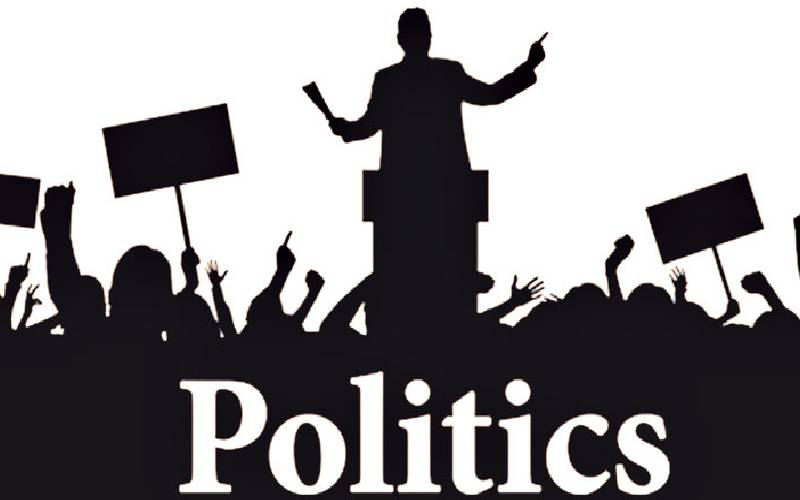×
The Standard e-Paper
Fearless, Trusted News

Diversity as a feature of human organisation and civilisation has always been baffling and interesting at the same time. Paradoxically, diversity and uniformity are different sides of the same coin.